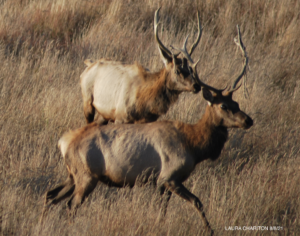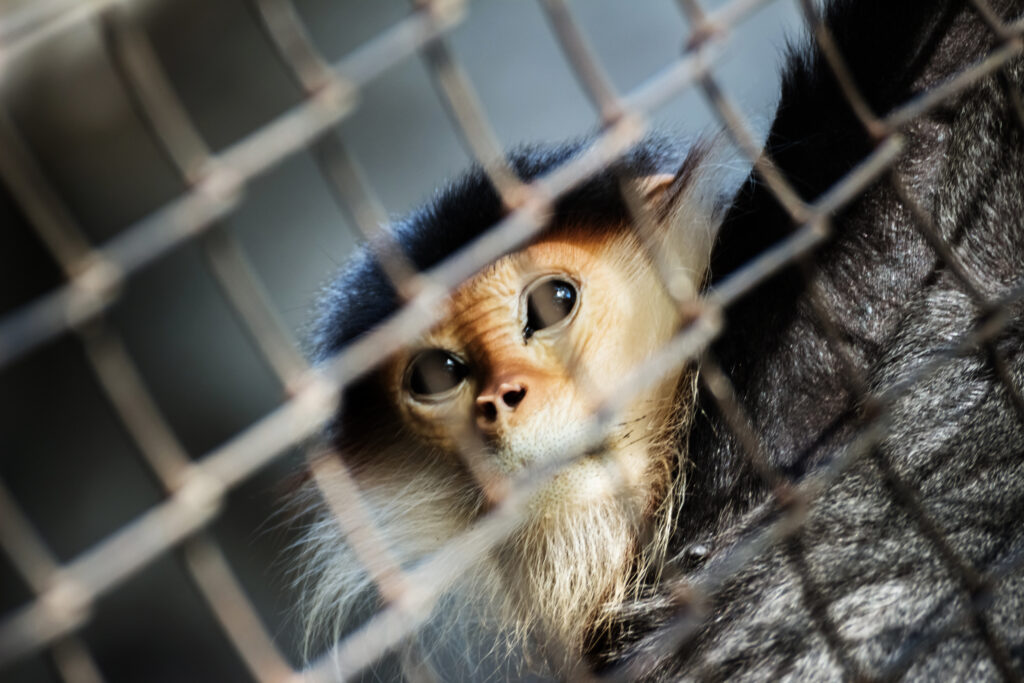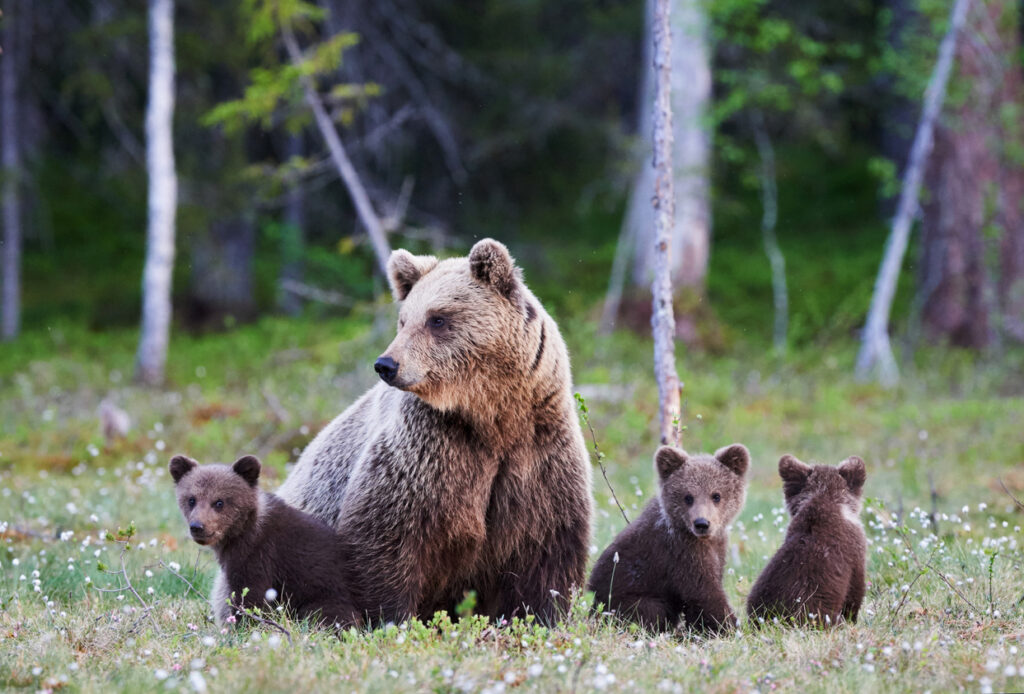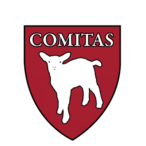The Spring Semester was as busy as ever! We continued to litigate several of our ongoing cases, filed a new federal lawsuit, held two moot courts, and worked on several important policy initiatives.

We continued our effort to obtain relief for the highly imperiled Tule elk at Point Reyes National Seashore in northern California, who are starving to death or dying of thirst because they cannot obtain access to adequate food and water south of a fence maintained by the National Park Service on behalf of ranchers who do not want the elk competing for resources with their cattle. As a direct result of our case, the National Park Service announced to the public that for the first time in over 40 years it was finally prepared to revise the General Management Plan for this national park. However, because the agency would not agree to do so pursuant to a Court Order, we filed our summary judgment briefs demonstrating that the National Park Service has unreasonably delayed revising the management plan in violation of the National Park Service Act and Administrative Procedure Act, and Clinic Fellow Kate Barnekow argued the case before the federal district court for California on February 24, 2022. The students held a moot court for Kate to prepare her for the argument. A decision still has not been issued, and, on May 9, 2022 the Clinic submitted comments on the NPS’ proposal to revise the GMP.
Our case against the United States Department of Agriculture on behalf of Rise for Animals and the Animal Legal Defense Fund to obtain better standards for the psychological well-being of primates used in research moved into the merits phase—having defeated the government’s motion to dismiss on Article III standing grounds. The students helped wage a battle with the USDA over the all-important issue of what must be included in the official Administrative Record that will govern judicial review of the merits. We were successful in convincing the government to include all of the records it initially refused to include. These records are extremely relevant to the Plaintiffs’ claims—including the fact that, in sharp contrast to what the USDA stated in its decision denying the Plaintiffs’ Rulemaking Petition, the agency had adopted a secret policy under which it no longer conducts full annual inspections of all research labs, as required by the Animal Welfare Act. Clinician Max Lupin took the lead on reviewing the voluminous Administrative Record and revising the draft summary judgment brief, while Clinician Dana Horowitz took the lead on interviewing the clients and preparing Declarations demonstrating that they have the requisite Article III standing needed to support summary judgment.

We also filed a new case on behalf of Rise and the Animal Legal Defense Fund challenging the USDA’s secret policy (which we uncovered last year by filing a Freedom of Information Act case) on the grounds that it violates the plain language of the Animal Welfare Act and is arbitrary and capricious and an abuse of agency discretion. The Complaint for that case was prepared by Clinician Max Hantel and Clinical Fellow Kate Barnekow, and was filed as related to the ongoing primate litigation before Judge Hazel of the United States District Court for the District of Maryland. The case was covered in The Scientist, with quotes from Max. Clinician Dana Horowitz prepared a memorandum of law on the statutory construction argument for use on the merits.
As a direct result of the Freedom of Information lawsuit filed in the Fall Semester, the Fish and Wildlife Service released voluminous data contained in its Law Enforcement Management Information System (LEMIS) concerning the import and export of wildlife. The data reveals that U.S. hunters imported over 700,000 hunting trophies, including mounts, skulls, skins, teeth and other parts from an array of animals around the globe from 2016 to 2020, and that there was a steadyand sizable annual uptick in U.S. trade in hunting trophies throughout the Trump administration that declined only after the Covid-19 pandemic struck. Clinicians Ben Rankin and Babs Tsao handled the case for the Clinic on behalf of the Center for Biological Diversity. After the first batch of data was released and widely disseminated to the world, the Fish and Wildlife Service notified us that it had “inadvertently” released information that was exempt from disclosure under Exemption 4 of FOIA, which covers confidential commercial information. It then sent the Clinic a formal letter requesting the return of the information—called a “claw back” letter—which the students had to deal with. Based on the agency’s negligence in releasing the information, and its delay in requesting its return before the information was widely disseminated to the public, the Clinic declined to return the data, and also invoked its client’s First Amendment right of association in further declining to provide FWS with a list of the groups and organizations to whom the information had been disseminated.

Much more data—including information about commercial imports and exports (vs. those of individual hunters) has now also been released by the government. However, because FWS is asserting Exemption 4 for some of that information, the litigation continues. Ben was quoted in the Center’s Press Release regarding the initial release of information, which can be found here, and that event also received much media attention, with the help of our Communications Director Sarah Pickering. The students were also successful in avoiding a motion to intervene in the LEMIS case by Safari Club International.
We also continued to litigate our case against the USDA concerning its failure to promulgate regulations prohibiting the inhumane handling of poultry at the slaughterhouse, and, on behalf of our clients Animal Welfare Institute and Farm Sanctuary, we filed our opening summary judgment brief in that case—having defeated the government’s motion to dismiss on standing and other jurisdictional grounds last Fall. The final summary judgment brief was prepared by Clinic Fellows Kelsey Eberly and Kate Barnekow, and can be found here. That case should be fully briefed by next Fall when it will be argued before Judge Siragusa of the United States District Court for the Western District of New York.
Four of the Clinicians—Ben Rankin, Max Hantel, Babs Tsao, and Max Lupin (under the self-selected moniker “The Manateam”)—also worked on a major project concerning the Florida Manatee, a threatened species under the Endangered Species Act, whose already dwindling population is declining further due to environmental degradation, pollution, development, boat strikes, and climate change.
The Clinic also held a moot court for Eric Glitzenstein, Director of Litigation for the Center for Biological Diversity, to help prepare him for an argument in the Ninth Circuit Court of Appeals concerning whether the Fish and Wildlife Service must respond to a petition to improve the Recovery Plan for the Grizzly Bear—a threatened species under the Endangered Species Act. The Clinic had submitted an amicus brief in that case last Spring on behalf of a coalition of law professors who specialize in Environmental and Administrative Law. Clinicians Max Hantel and Dana Horowitz also reviewed documents and researched applicable Delaware open records law to assist a small grass roots group in its advocacy against Concentrated Animal Feed Operations in Delaware—a project that will likely continue next Semester.

It has been a busy, but extremely rewarding and productive, Semester—with students involved in many different projects on behalf of captive animals and wildlife in this country and abroad. Once again, we could not have done so much high quality work without the support, insights, and collaboration of our entire, incomparable team—Professor Kristen Stilt, Faculty Director and Chris Green, Executive Director, of the Brooks McCormick Jr. Animal Law & Policy Program; Communications Director Sarah Pickering; our Research Assistant Lauren Hinkey from Fordham Law School; our Program Administrators Ceallaigh Reddy and Marina Apostle; and our fantastic clients.
We have several projects that will continue throughout this summer and look forward to an exciting Fall Semester 2022! Thank you all for a wonderful Semester!
Katherine Meyer, Clinic Director
